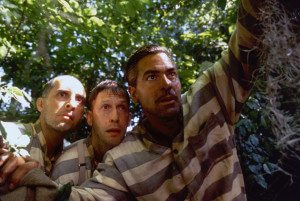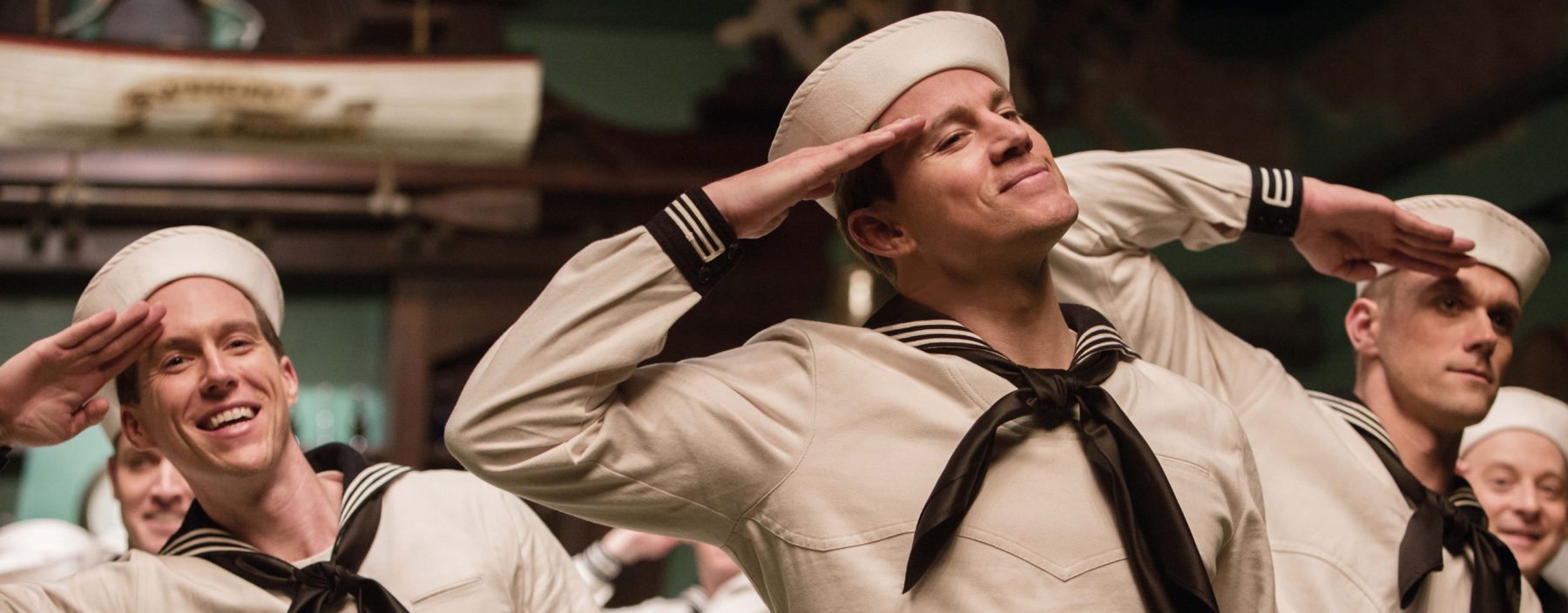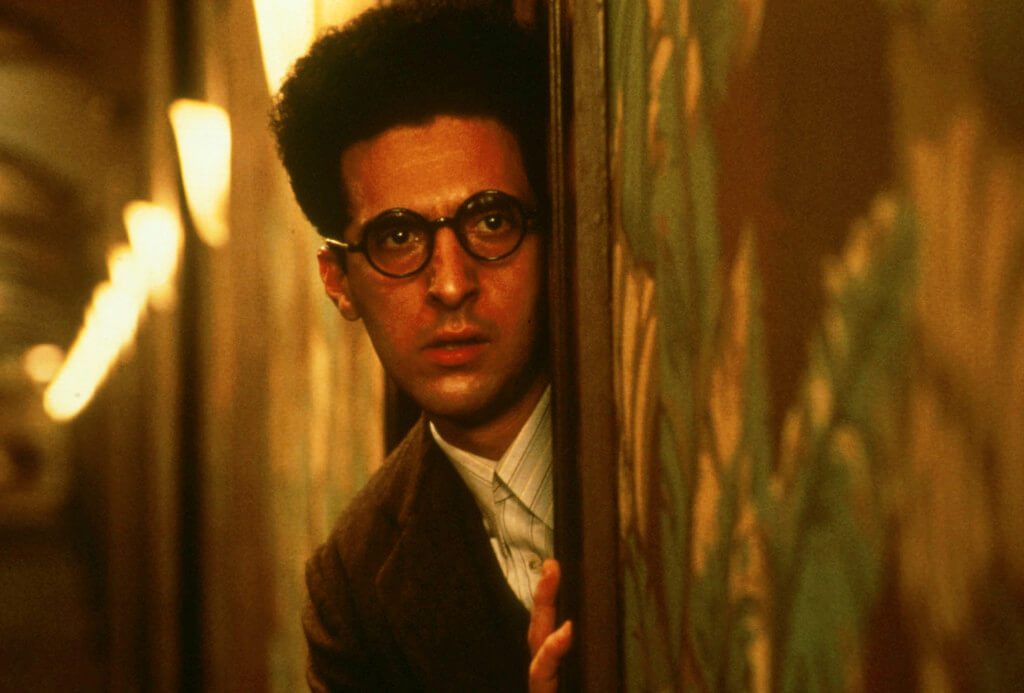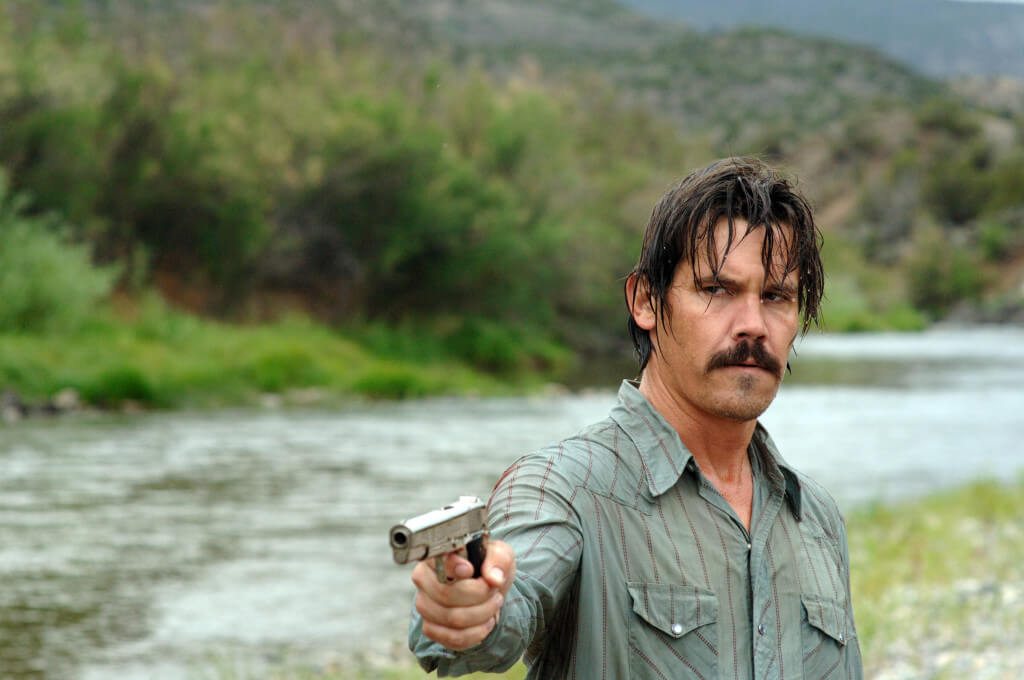The Coen Brothers: A Retrospective
[dropcap]I[/dropcap] first discovered the Coen Brothers at 14, when I caught the last half an hour of Raising Arizona on television. I had absolutely no idea what was going on: the action was loopy and fantastic, a colourful phantasmagoria of Southern accents, rapid-fire dialogue, banjo covers of Beethoven, and Nicolas Cage. I went back and watched it again, a few more times, just to be sure it wasn’t all a dream. It struck me as a fiercely individual piece of work, unlike anything I had ever seen before: the funny, screwball antics offset by irony, yes, but also professionalism, a thorough and evocative creation of a world, peppered by familiar elements arranged in a new and interesting way.
From there, it was off to snowy Minnesota, to the cityscapes of Los Angeles, to the various plains of desolate Texas for a number of tales surrounding kidnap, murder, and plans gone awry. Joel and Ethan Coen, two Jewish kids from suburban Minneapolis, became, in my world, established deities of cineliteracy, whose intimate knowledge of film history wowed me as much as it confounded me. Their influences range from the literary, with films based on works by Raymond Chandler and Dashiell Hammett, to that of genre: their critical approach has led them to make comedies, thrillers, noirs, Westerns, gangster dramas, romances, musicals – even horrors, in the Shining-inflected design of Barton Fink’s hotel. In short: two smart motherfuckers.
What characterises their films is a sense that they know how stupid people are, and how seldom they understand their emotions: how they interpret individual symbols and signs differently, often to disastrous effect. Think of Jerry (William H. Macy) in Fargo, who assumes his plan to kidnap his wife and then claim the ransom money from her rich father will work, without recognising that the two criminals he has hired to complete the job – played by Steve Buscemi and Peter Stormare – are clearly insane. Or think of Ed Crane (Billy Bob Thornton) in the vastly underappreciated The Man Who Wasn’t There, whose open affectlessness incites “Big Dave” Brewster (James Gandolfini) to try and beat him to death. Crane instead stabs him with a letter opener; and, of course, it is Crane’s wife Doris (Frances McDormand, later Mrs. Joel Coen) who gets charged with the murder. As Strother Martin’s Captain from Cool Hand Luke once said: “What we’ve got here is failure to communicate.”
What characterises their films is a sense that they know how stupid people are, and how seldom they understand their emotions

George Clooney as Ulysses Everett McGill,
Tim Blake Nelson as Delmar O’Donnell,
John Turturro, as Pete Hogwallop
Image: Touchstone / Disney
This stupidity bleeds into their other, lighter works, too, prompting comparisons to Preston Sturges – though I have to confess, as time goes on, I’m finding these increasingly irritating and worthless. Moronic goofballs, often played by George Clooney, are at the heart and centre of films like The Hudsucker Proxy, O Brother, Where Art Thou?, The Ladykillers, Intolerable Cruelty, and Burn After Reading. What’s not always clear is whether we’re supposed to be laughing at or with these characters – and it’s here that complaints about the brothers’ lack of genuine empathy become apparent. So heavily layered are elements of irony, cultural appropriation, and even postmodernism that, at the end of the day, you’d be forgiven for thinking that the brothers take a rather dim view of human nature, and a perverse glee in smashing people’s heads together like puppets.
But I don’t think that’s always true. In their best films, there’s a strong morality that accompanies this academic reading of history and genre – people like pregnant police chief Marge Gunderson (McDormand again), who can’t understand people’s reasoning for violence, or Llewyn Davis (Oscar Isaac), an artist who keeps trying, in spite of continual, crushing failure.
Picking a favourite is always hard. There’s a reason why I keep mentioning Fargo, and if I was trying to be objective about it, I’d pick No Country for Old Men – though they’d have to share the credit with Cormac McCarthy. And I’m convinced that the agonisingly melancholy Inside Llewyn Davis will, come 2020, be seen as one of the best films of the decade. Yet ultimately, I’d have to go for their third film: Miller’s Crossing. A 1920s gangster thriller, somewhat inspired by Hammet’s The Glass Key, it’s got a reputation for being dense and convoluted – but there’s so much to love, including a fascinating performance from Gabriel Byrne, a beautiful Carter Burwell soundtrack, and some of the GREATEST DIALOGUE EVER WRITTEN (“I’m awake.” “…Your eyes are shut.” “Who you gonna believe?”). The iconic scene where Byrne and John Turturro face off in the titular spot in the woods is still a career zenith for all involved – and again, it’s all about communication. If Hail Caesar! can even be one-tenth as good as the Coens’ best, it’ll be a treat.



Comments